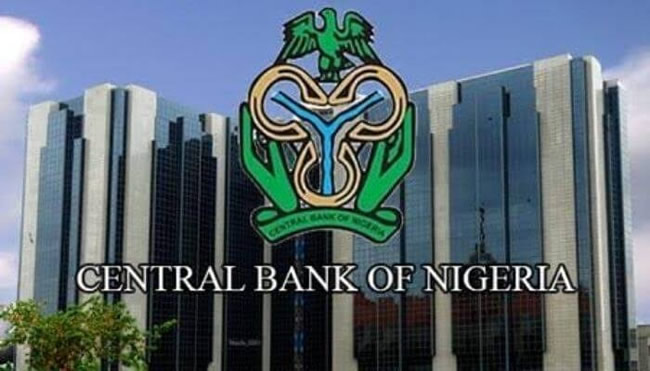The ordinary Nigerian suffers from psychological or mental shock from the chaotic, messy and unstable naira, not just due to its devaluation, not just due its scarcity, and not just as a result of its role as store of value, but due to a combination of all these, and the fact that naira’s value and its availability remain unpredictable. For about a decade now, the Central Bank of Nigeria (CBN), which has the role of designing and implementing monetary policies for the country, has acted in ways that weaken the people’s confidence in the system and in the naira.
At the moment, the scarcity of the naira at both the Automated Teller Machine (ATM) and over the counter in banks has destabilised the people, especially in the burgeoning informal sector where trading transactions are conducted in cash. It has given rise to a scandalous situation in which Nigerians deposit cash in their account at known and hidden costs, and have to pay heavily to buy their money in cash from Point of Sale (PoS) operators. This way, one of the basic objectives of operating a bank account – the confidence that one could access his/her money at any time – is being lost in Nigeria.
The scarcity of naira during the era of former CBN Governor Godwin Emefiele was linked to the infamous re-designing of the N1,000, N500, and N200 naira notes, and the mop-up of the ‘old naira’ notes from circulation. However, the current scarcity is inexplicable, considering the fact that the Supreme Court of Nigeria had ruled that both the ‘old’ and ‘redesigned’ notes should circulate without discrimination. If the current CBN Governor Yemi Cardoso has come up with a new monetary policy, it should have been implemented seamlessly without causing apprehension among the people and distortion in business activities.
In the last three years, monetary policies pursued by the CBN have caused the devaluation of the naira, absurd inflation, eroded the people’s purchasing power, and caused losses in businesses. One of the reasons given by several big multinationals for quitting Nigeria is the devaluation of the naira, leading to their inability to do business at a profit. Apart from the ‘redesigning’ of the naira, Emefiele’s decision in 2021 to reduce Bureau de Changes’ access to government forex, led to a free fall of the naira from N520/$ to N705/$ in the parallel market. The economy responded in the form of a sharp increase in inflation, a condition for which the CBN had no immediate or long-term remedy. But the Bola Ahmed Tinubu administration worsened the situation with the floating of the naira, a decision more political than economic. Now, the currency exchanges for N1,250/$ in the parallel market, inflation is skyrocketing towards 30 per cent, and the naira is said to be one of the worst performing currencies in the world.
If anything, the CBN must put in place measures that would stabilise the naira, not just in terms of its value, but also in its availability. The naira is very important to Nigerians because it determines their living condition and the people depend on the currency for business transactions. The rate at which the CBN creates artificial scarcity of the naira could compel Nigerians to shun the banking hall and store any cash that comes their way in their personal safes or under their beds, a practice that will be harmful to the banking sector. Even if the CBN creates scarcity to compel Nigerians to engage in electronic financial transactions, the strategy is not realistic because internet penetration and digital literacy in many parts of the country do not support such a system. In rural Nigeria, the majority of the people engage in cash transactions; compelling them to go digital has only created an avenue for PoS operators to slash unhealthy commissions from their hard-earned money.
Most developed societies work hard to stabilise the value of their currencies and ensure availability of cash in a measure that will not impede business transactions. If they devalue their currencies, they do so deliberately to ensure their industrial goods penetrate international markets against those of their competitors. To devalue the currency of a country that has no serious industrial base, like Nigeria, is a resort to weakening the purchasing power and the standard of living for the people. Nigerians have suffered from chaotic monetary policies for too long. We, therefore, call on the CBN to desist from abruptly introducing policies that make it difficult for the people to access their money and destabilise their living conditions. Monetary policies must not be subjected to frequent changes; the government must put in place measures that will ensure stability for four or five years before major changes are introduced. The National Assembly committees on banking and finance must fashion out a legislation that will prevent the CBN from coming up with haphazard monetary measures that destabilise the people.

 Join Daily Trust WhatsApp Community For Quick Access To News and Happenings Around You.
Join Daily Trust WhatsApp Community For Quick Access To News and Happenings Around You.


